
‘Evening Song’ video from the recording studio
‘Evening Song’ from the album “Balladeering”
And the Bro/Konitz/Frisell Trilogy of albums:
“Balladeering”—Bro, Frisell (g), Konitz (as), Motion (dr), Ben Street (b)
“Time”– Bro, Frisell (g), Konitz (as), Thomas Morgan (b)
“December Song”– Bro, Frisell (g), Konitz (as), Thomas Morgan (b), Craig Taborn (p)
In 2008, Danish guitarist Jakob Bro (then 30) hosted a group of jazz legends including saxophonist Lee Konitz (81), drummer Paul Motian (77) and guitarist Bill Frisell (57) to record what would become a tryptich of indescribably beautiful improvisations over Bro’s soft, simple sketches.
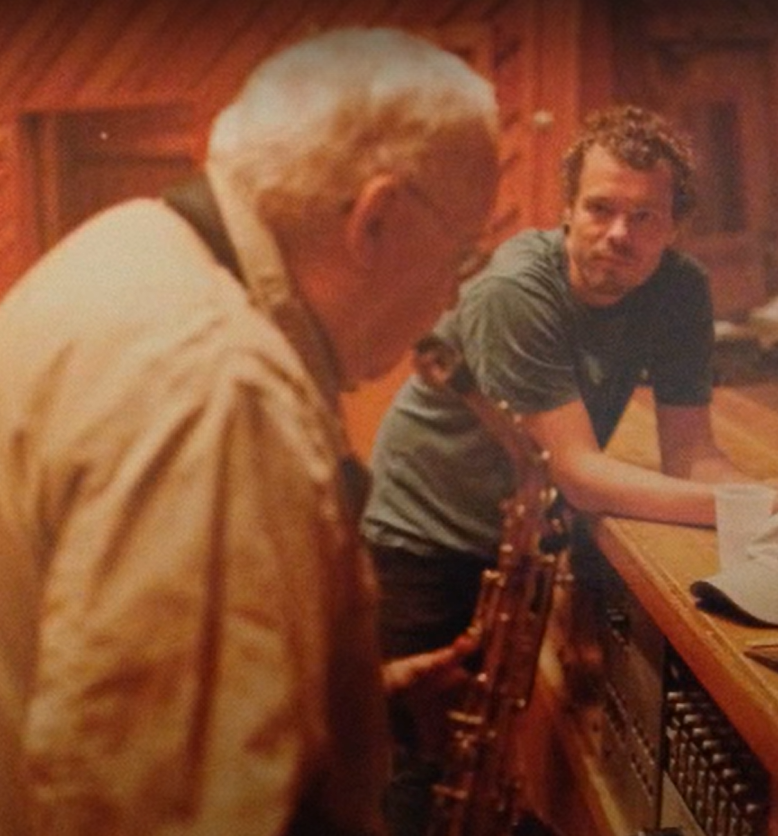
“Balladeering” (2009), “Time” (2011)and “December Song” (2013) were the soundtrack for writing my novel “We Are Decapede!” over four years, which divide up thus:
For the first three months I would wake up from my short siesta, brew myself a cup of fruity caffeinated tea, angle my garden chair 17 degrees counter-clockwise to face a certain branch of a certain bush and plot the central events of the saga. It’s a long book with lots of characters, thick with events; picture Dickens at Woodstock. There were a lot of interweaving strings that needed to be plotted. Three months, just working it out in my head.
For the subsequent forty-five months I would repeat the above, adjusting the chair just far enough from the lovely Chinese mosaic garden table so that my hand could rest comfortably on the mouse, prop my feet up (left, then right) on the lovely, incredibly uncomfortable Chinese mosaic garden chair, open my laptop on my literal lap, and play the three albums in a loop while I wrote.
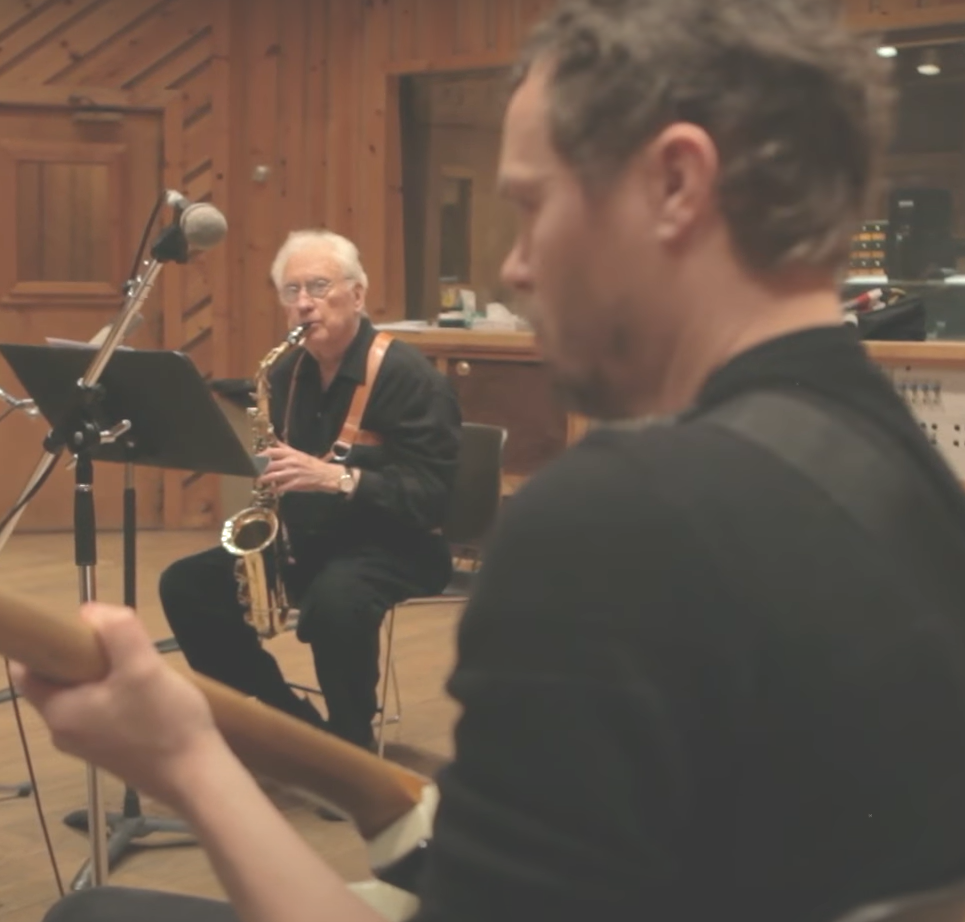
This music served not just as background music for all those months of trance-like creativity, but as the sonic context for my half-conscious mind and fingers. I think you’re allowed to let your thoughts wander while listening to music, that’s one of its functions. Different types of music support different types of needs. Once upon a time I cruised the parking lots of hamburger joints listening to ‘Fun, Fun, Fun’. Now I listen to meditative jazz. This is no music for young men.
This music floats. It shimmers. It’s an enchanted world unto itself. It gives you time and room to ruminate.
I love Lee Konitz’s music. I have about 120 albums he led or played on from age 20 (1947) till his death at 92 (2020). Fervently dedicated to “The Sound of Surprise”, Lee played in a myriad of styles and contexts, from Charlie Parker to this combo of wrinkled legends led by a chill young Dane. Lee Konitz has never sounded better. The airy, translucent setting Jakob Bro, Frisell and Motian provide is the perfect canvas for Konitz’s meditative musings.
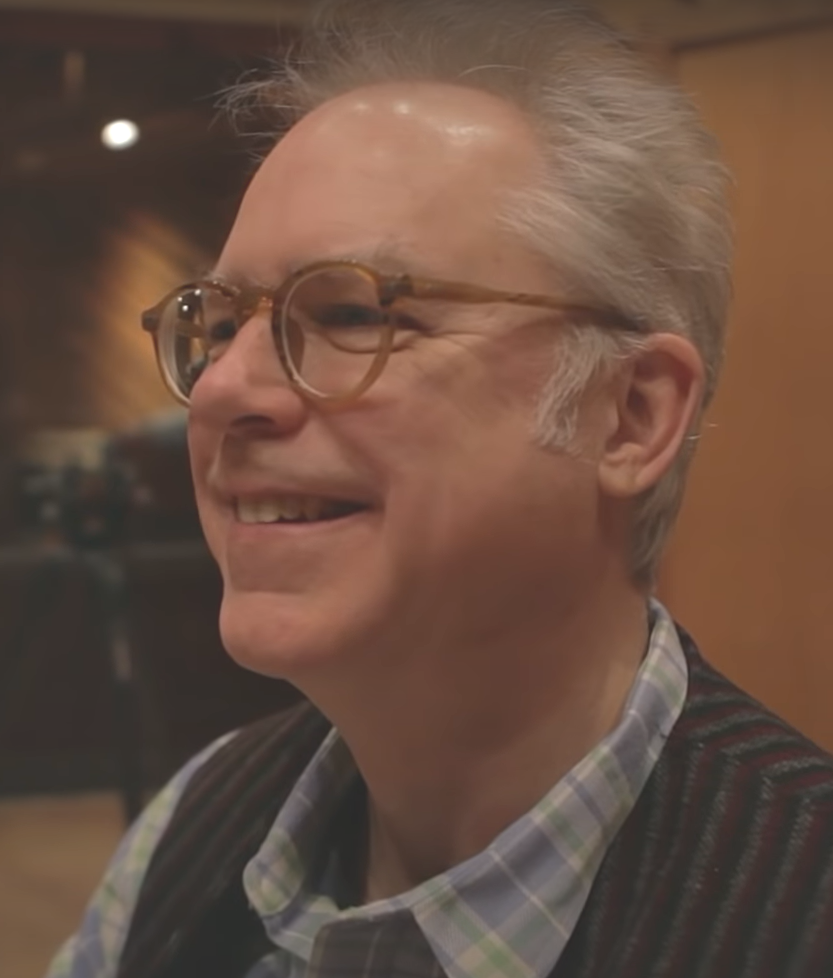
Konitz: “There’s no words for it. It’s not folk music. It’s not jazz. It’s not pop music. It’s not funk. It’s just ‘balladeering’. Or whatever.”
Long after The Tryptich had become the soundtrack of my writing mode I discovered a series of clips from a Danish film of the NY sessions, “Weightless”. They’re a revelation, a transcendent glimpse of Old Masters creating in real-time music that levitates.
Here Konitz and Motian meet in the studio, 158 years on earth between them, giants who participated in such iconic recordings as Miles Davis’ 1949 “Birth of the Cool” (Konitz was the only musician to play on all three sessions) and Bill Evans’ sublime 1961 “Live at the Village Vanguard” (Motian was the drummer of Evans’ legendary First Trio).
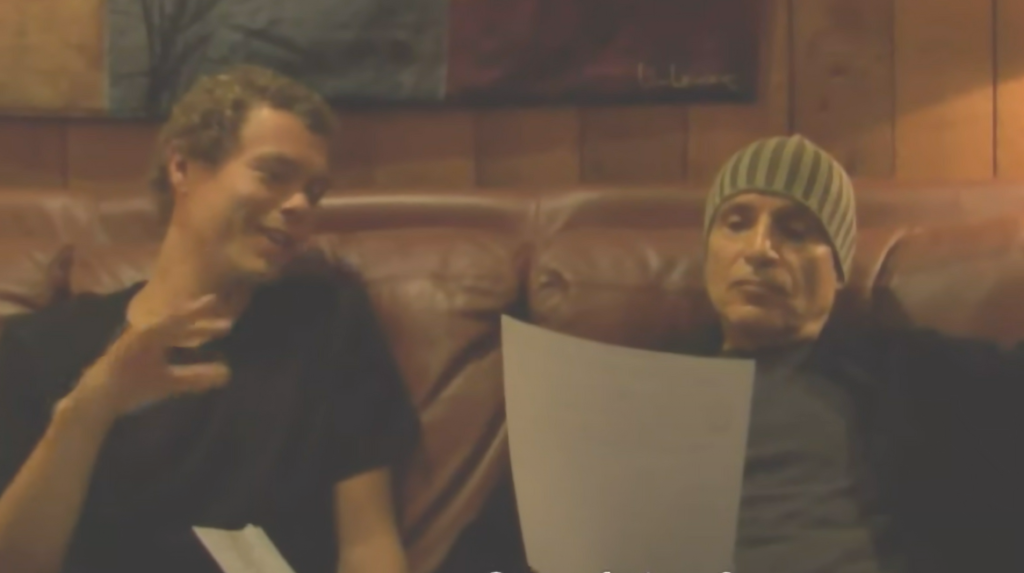
In this clip, my favorite of the bunch, Jakob introduces the simple 2-chord melody of ‘Evening Song’ to Lee.
“Bill and I will play the melody. You just need to—“
“Fuck around,” says Lee.
Jakob just smiles.
Here they are recording ‘Vraa’. No rehearsing, just Bro’s simple explanation of the theme and the order and off you go. The sound of surprise. Great musicians improvising. This is the magic of jazz, folks.
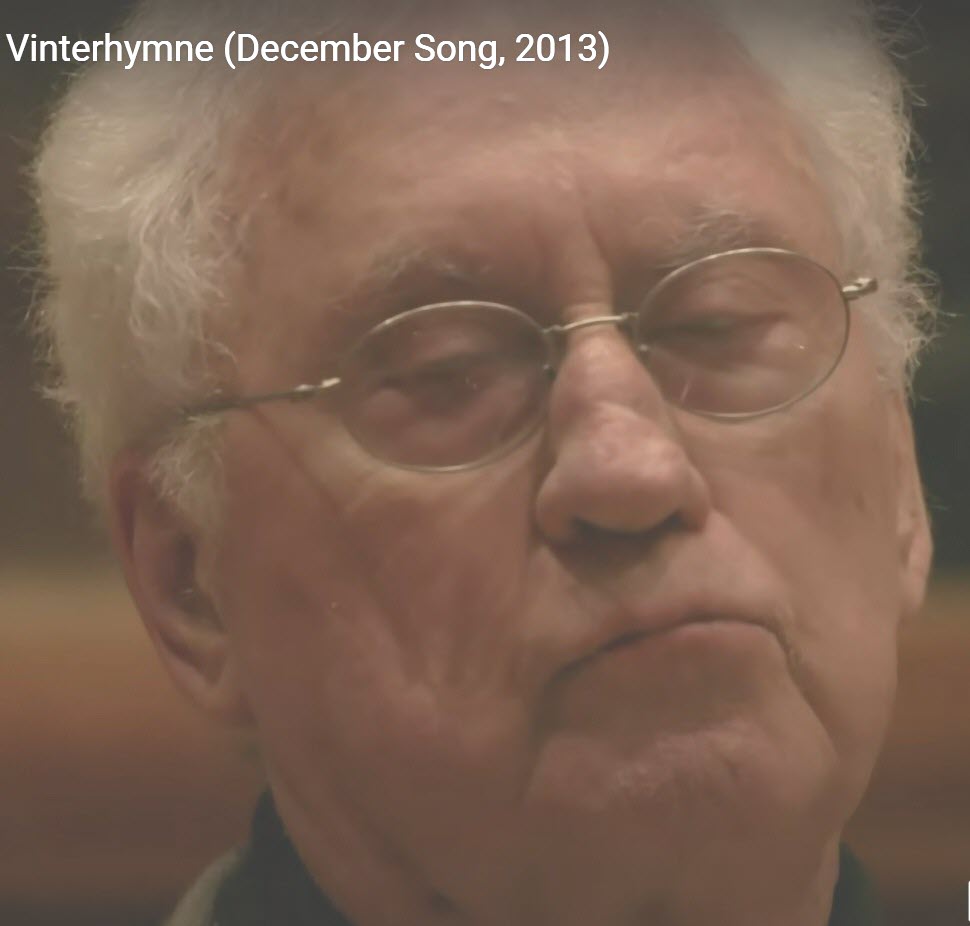
Here’s ‘Fiordlands’ from the “Time” album, including photos from the session.
In the clip of ‘Laxness’ from the final album, “December Song”, the musicians attempt and fail to describe the aural world Bro is creating. Words fail them. Perhaps most eloquent are their expressions as the final notes fade. They sit in silence, glowing, speechless. “It’s hard to describe because there isn’t a lot to it,” says Konitz.
Here’s ‘Vinterhymne’ (Winter Hymn’), with my favorite non-musical moment. Lee Konitz (86 at the time): “Unfortunately we all have to check out at some point. We don’t know when exactly but when it gets to this time for me I figure I could begin to think about the possibility of it happening. When I was 15 I didn’t think about it too much. I spent my whole life being influenced by Charlie Parker, Lennie Tristano, Lester Young, and all the great jazz players— and all of a sudden I’m playing whole notes and half notes on chord progressions. And not knowing why.”
Whole notes and half notes over simple, ruminative chord progressions. Music for grown-ups. Music for thinking.
If you liked this SoTW, you may also enjoy:
037: Lee Konitz, ‘Alone Together’ (w. Charlie Haden & Brad Mehldau)
040: Lennie Tristano Quintet, ‘317 East 32nd’ (Live in Toronto 1952)

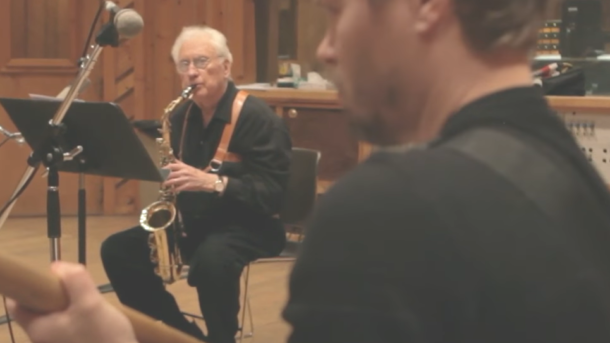
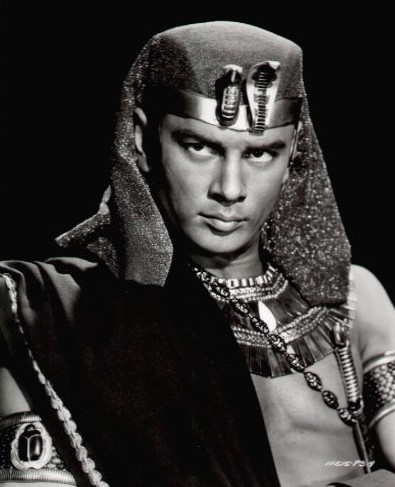

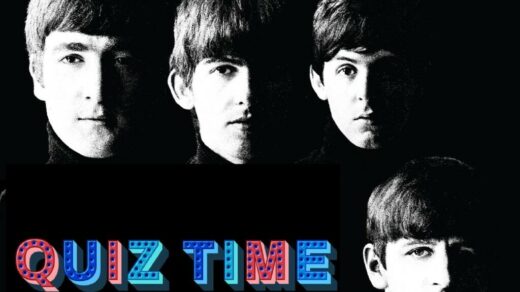
I think, fascinating music. In the format you have chosen, I also believe the process is as exciting as the final result. Let’s get a young stud to stimulate
several established pros to create magic jazz. What is “Jazz”? Not my favorite music as traditionally performed. I will recommend just two examples
of my kind of jazz. Ralph Towner and anything by Oregon, especially “Distant Hills”. Plus, anything by Paul Winter’s Winter Consort. Maybe you know them
but please search them out if you don’t. Let me know.
Thanks for letting us in the intimacy of the settings you suggest. Some of it is almost unbearably, anxiously laconic. I wish I were able to have such a state of mind as to let myself just immerse into the void. Much of the music you describe is set apart from the world of free jazz where premeditation is actively avoided, to the world of improvisation, where a particular short musical idea is worked on which much intelligence and communication between mutually trusting musicians. I think the best example would be Curtis Fuller’s “Minor Vamp”, a rampage into a 4-note theme butchered by Benny Golson’s incredibly thoughtful solo, and followed with respect by all other musicians.